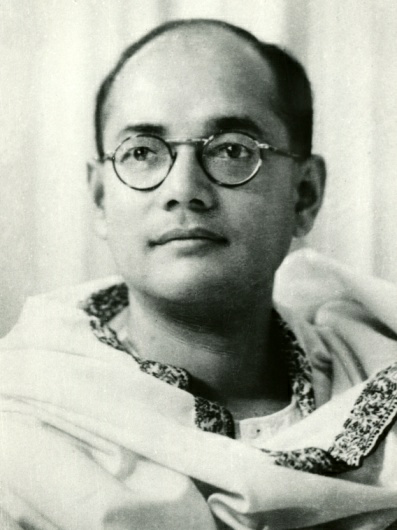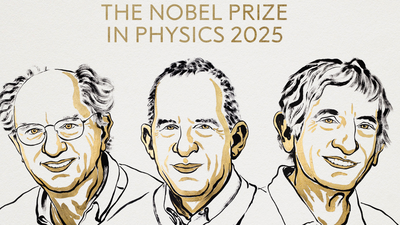Description

Disclaimer: Copyright infringement not intended.
Context: The Prime Minister, Shri Narendra Modi has paid homage to Netaji Subhas Chandra Bose on Parakram Diwas.
Details:
About Subhash Chandra Bose:
Childhood:
- Subhas Chandra Bose, who was born on 23 January 1897, was an Indian nationalist whose defiance of British authority in India made him an icon among millions of Indians.
- Born in Odisha's Cuttack district, he spent his childhood in a privileged large Bengali family, where he garnered his early education from an Anglocentric institution.
- Later, the "energetic child" took his higher education from Ravenshaw University, formerly known as Ravenshaw college.
- After completing higher education in India, his parents Prabhavati Dutt Bose and Janakinath Bose, allowed him to go to England to prepare for the Indian Civil Service examinations.
.jpeg)
ICS Exam:
- Bose succeeded with distinction in his first attempt.
- However, he did not proceed with another round of examinations in order to campaign against the British Raj in India and returned to India.
- In 1921, he joined Indian National Congress and Mahatma Gandhi to lead the nationalist movement against British rule.
- During this, he had staunchly followed the principal leader of the Indian nationalist movement in the 1930s and 1940s, Jawaharlal Nehru.
- Later, at the age of 40, Bose became Congress president in 1938.
Conflict with Mahatama Gandhi:
- According to historians, the ideas of Mahatama Gandhi and Bose had never intersected with each other.
- Bose, who had the backing of several Congress leaders to snatch freedom in a violent way, Gandhi, on several occasions, asked him to negotiate with the Britishers using the path of non-violence.
- However, a large majority of the Congress Working Committee members resigned in protest. Also, this resulted in the resignation of Bose from the post of party president. Eventually, he was ousted from the party.
Bose charisma in Germany:
- Later, Bose was placed under house arrest by the British. However, in 1941, the ousted leader fled India and made his way to Germany.
- In Germany, Bose sought the sympathy of the Nazi party and their support in fighting the Britishers. He also got enormous support from Japan which was German’s ally.
- He headed the Indian National Army (INA), which comprised Indian prisoners of war of the Indian Army who had been captured by the Japanese in the Battle of Singapore.
- His ideas and tactics led the INA forces to conquer the Britishers.
- Eventually, Bose was successful in establishing Free India Radio. In his radio shows, he used to connect to the people in order to motivate them to join the freedom struggle movement.
- His charm and charisma earned him followers who called him ‘Netaji.

Netaji mysterious death:
- However, Bose passed away in an aeroplane crash in 1945 in Taiwan.
- Since then, a lot has been written and said about the unfortunate death of Netaji Bose. There have been myriad theories, debates, discussions, movies, and several documentaries about the cause of his death, yet there has so far been no confirmation to any of these theories.
Japanese government report:
- An investigative report by the Japanese government titled "Investigation on the cause of death and other matters of the late Subhas Chandra Bose" was declassified in 2016.
- It concluded that Bose died in a plane crash in Taiwan on 18 August 1945.
Parakram Diwas-Netaji’s indomitable spirit and selfless service:
- In 2021, the Government of India decided to celebrate the 125th Birth Anniversary year of Netaji Subhas Chandra Bose in a befitting manner at the national and international levels.

https://pib.gov.in/PressReleasePage.aspx?PRID=1892904
















